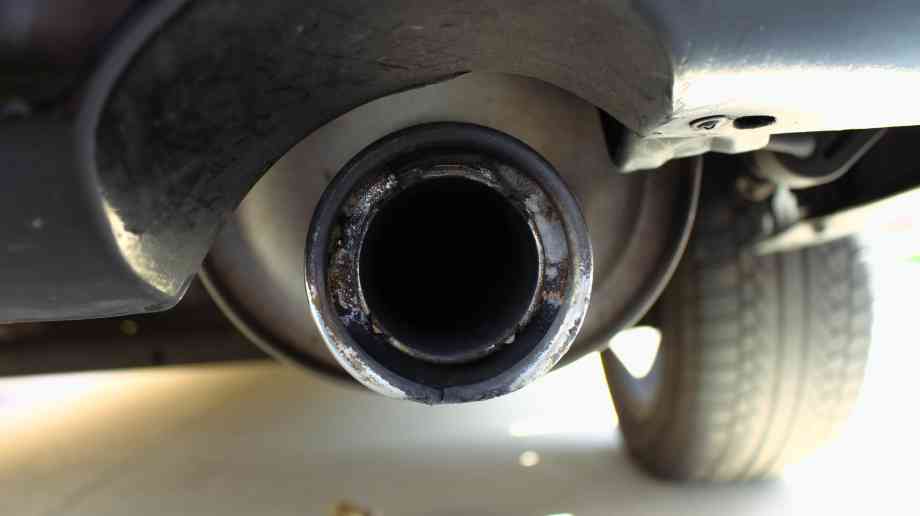Sue Robb of 4Children talks to Julie Laughton and Alison Britton from the Department for Education about the role of childminders in delivering the 30 hours free entitlement.
Cut air pollution in ‘no idling' zones

As part of its final guidance to help local councils to improve air quality across England, NICE and Public Health England (PHE) argues that ‘no vehicle idling’ zones should be enforced.
In areas such as schools, hospitals and care homes, no-idling zones could be used as a way to decrease the level of pollutants those people most at risk are exposed to.
PHE estimates that long-term exposure to particulate air pollution has ‘an effect equivalent to’ around 25,000 deaths a year in England, with road traffic estimated to contribute more than 64 per cent of air pollution recorded in towns and cities.
Therefore, the guidance urges for people to be banned from leaving the car running while waiting outside school gates and hospital pick up points, prioritising clean air on the same standing as clean water.
Other recommendations include clean air zones with charges for polluting cars, congestion charges, promoting smooth driving by removing speed bumps and setting more 20mph speed limits, promoting electric cars and training bus drivers in fuel-efficient driving.
Professor Paul Lincoln, chair of the NICE guideline committee, said: "Air pollution is a major risk to our health, and measures suggested so far have not managed to tackle the problem sufficiently. "This guidance is based upon the best evidence available. It outlines a range of practical steps that local authorities can take, such as the implementation of no-idling zones, to reduce emissions and protect the public."
James Thornton, the chief executive of ClientEarth, said: "It's hugely significant that public health experts are raising the prospect of clean air zones, which could charge the dirtiest vehicles to enter the most polluted areas of our towns and cities. The government's own evidence shows this is the most effective way to bring down illegal and harmful levels of air pollution as soon as possible, which ministers are legally bound to do."
Company Focus
BLE Lighting & Power Ltd, a leader in cutting-edge lighting and power solutions, is proud to introduce BLE Connect, a groundbreaking Fully Automated Emergency Lighting System designed to simplify the labour intensive maintenance of emergency lighting across multiple facilities.
Event Diary
UKREiiF has quickly become a must-attend in the industry calendar for Government departments and local authorities.
The multi-award-winning UK Construction Week (UKCW), is the UK’s biggest trade event for the built environment that connects the whole supply chain to be the catalyst for growth and positive change in the industry.
Supplier Profiles
Geo Energy
At GeoEnergy Design, we're on a mission to disrupt the traditional way heating and cooling ha
Latest Features
Professor Harith Alani, director of the Knowledge Management Institute at the Open University explains how AI can be used for good and bad.
Alex Lawrence, head of health & social care, techUK sets out techUK’s Five Point Plan for CareTech.

















